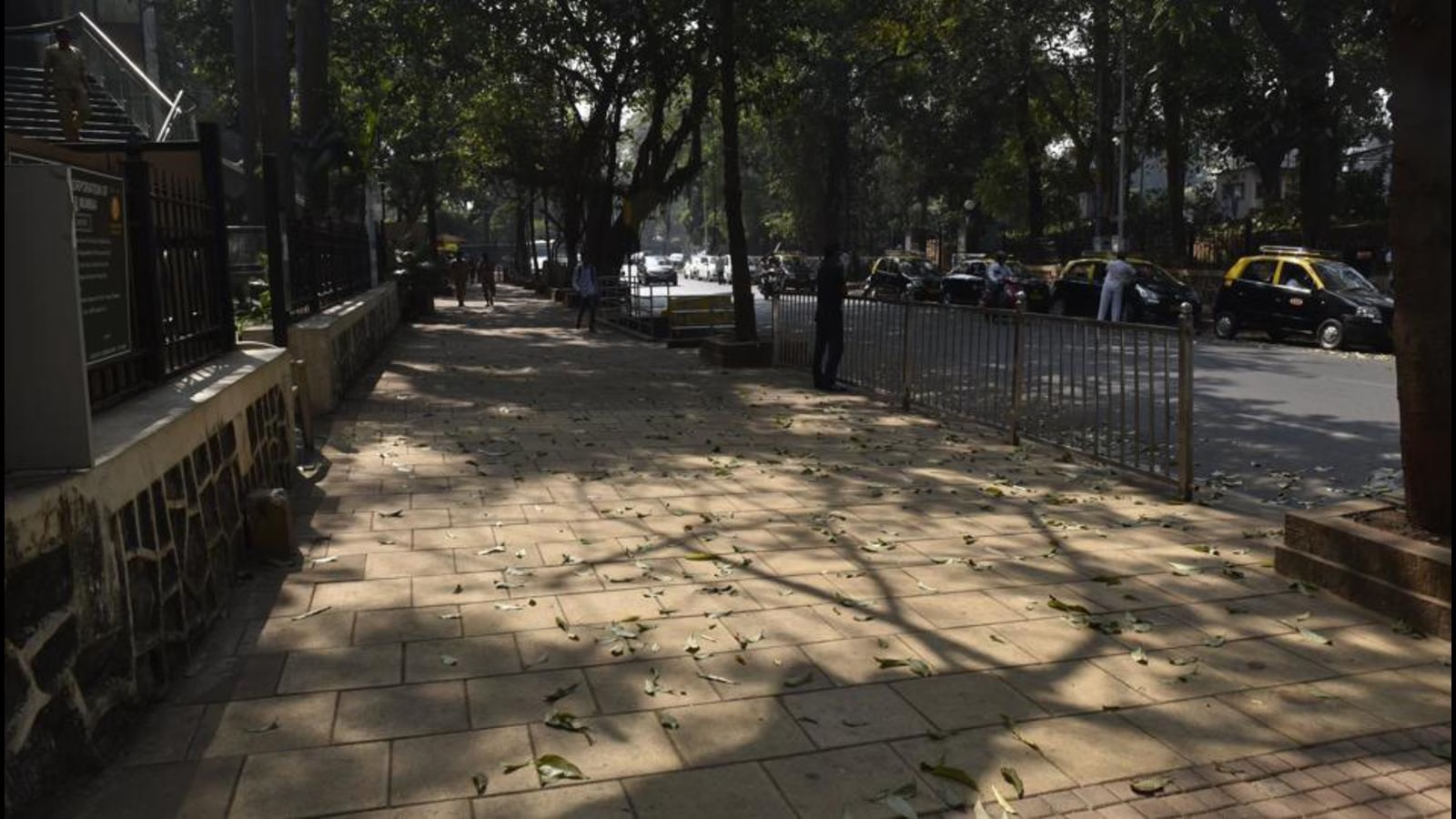BMC’s ₹100 Crore Plan to Revamp Mumbai’s Footpaths
The Brihanmumbai Municipal Corporation (BMC) has made a significant promise in its 2025-26 budget to transform Mumbai into a more pedestrian-friendly city. With an investment of ₹100 crore, the BMC plans to implement the ‘Universal Footpath Policy,’ which is aimed at improving the walkability of the city for pedestrians, including those with disabilities. This move comes after years of public demand for safer, more accessible footpaths, particularly for those who rely on walking as their primary mode of transport.
The ‘Universal Footpath Policy,’ introduced by the BMC in 2023, builds upon the Pedestrian-First Policy launched in 2016. It outlines key specifications for the city’s footpaths, including continuous, connected pathways on both sides of every road, minimum widths for wheelchair accessibility (1.2 metres), and a width of 1.5 metres for two-way pedestrian traffic. The policy also mandates that kerb heights should not exceed 6 inches, ensuring that the infrastructure is accessible to a wider demographic, including senior citizens and people with disabilities. In his comments, Abhijit Bangar, Additional Municipal Commissioner, highlighted the need for footpaths to be safe and practical, noting that pedestrians often end up walking on the carriageway, which is not only unsafe but also causes traffic issues.
The ₹100 crore allocation will allow for incremental improvements, with a long-term vision to upgrade the entire city’s pedestrian infrastructure over time. Though the process is expected to take several years, the focus will be on making gradual, noticeable changes. The policy will follow the standards set by the Indian Roads Congress (IRC). For example, the design specifies that footpaths must end with a gentle slope for accessibility, rather than abruptly, to ensure easy access for wheelchair users. Moreover, footpaths will maintain consistent height to prevent any obstructions. However, some critics, like Vedant Mhatre, Project Manager of the Walkability Project, have raised concerns about the policy’s potential limitations.
Mhatre emphasised that, while the Universal Footpath Policy appears well-intentioned, its success hinges on the BMC’s ability to tackle administrative issues, including the enforcement of building quality standards, hawker management, and parking regulations. Without these vital measures, he warned, the policy might not have the desired impact, with the funds being potentially misallocated or spent on infrastructure that undermines its original objectives. Despite these concerns, the BMC’s ₹100 crore footpath initiative is seen as a step in the right direction for Mumbai, aiming to improve the safety and quality of life for pedestrians across the city. With sustained efforts and proper execution, this policy could be a key factor in creating a more walkable and inclusive Mumbai.


